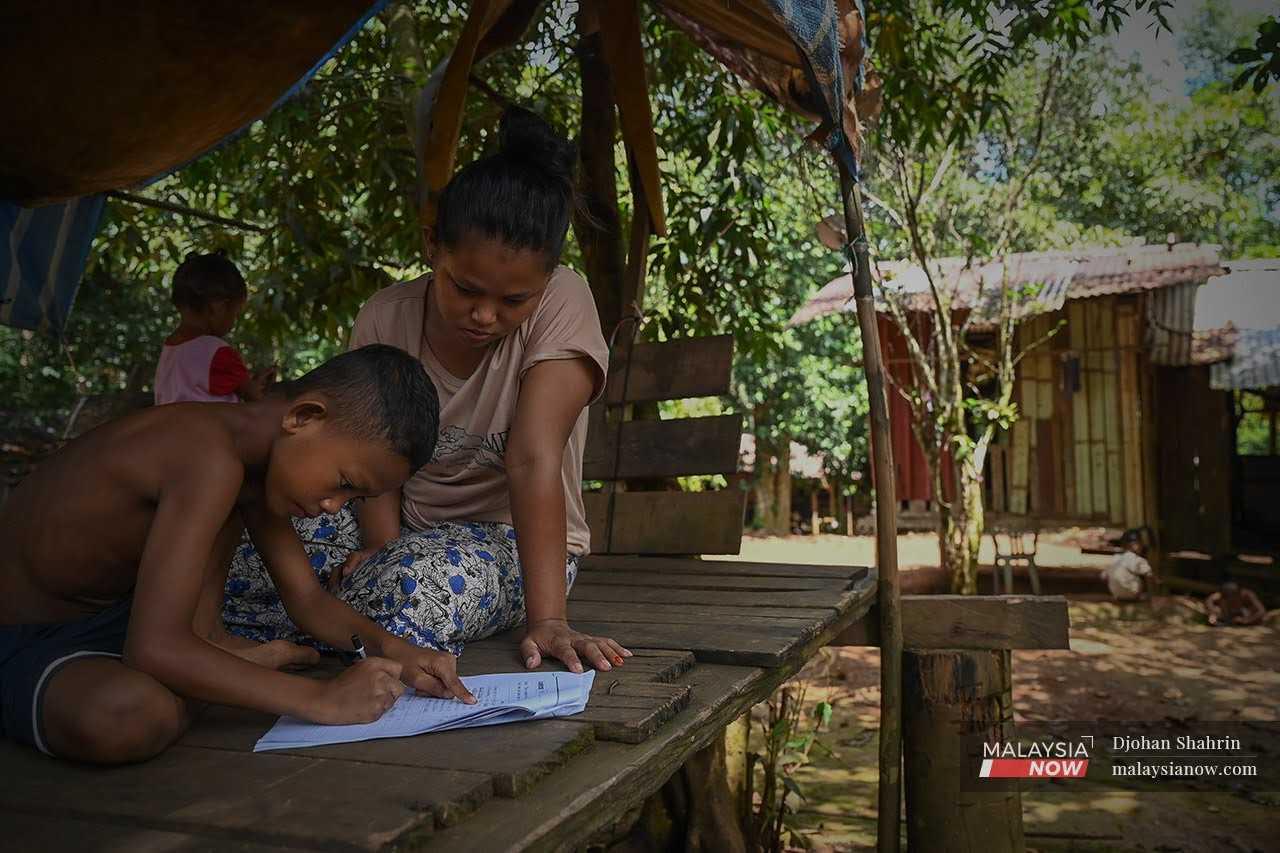Over 10% of Orang Asli children have dropped out of school, says minister
Factors include logistics, family problems and a negative attitude towards education.
Just In
It is estimated that more than 10% of Orang Asli children have dropped out of school due to various factors including logistics and family problems, in addition to a negative attitude towards education, says Rural Development Minister Mahdzir Khalid.
Speaking at a press conference after chairing an Orang Asli Consultative Council meeting in Cyberjaya today, he said the Orang Asli community had urged the government to look into ways to stop their children from dropping out of school even though their school attendance rate is now at over 80%.
Education issues aside, problems related to health and the gazetting of Orang Asli land were also discussed during the meeting, which is a platform for the community to air their views and give feedback to resolve problems.
With regards to health, Mahdzir said the community representatives called for more centralised treatment centres in Orang Asli villages to facilitate those living in the interior areas.
"They also proposed that the health ministry allow their members holding the positions of assistant medical officers in other states to return to their villages," he said.
On the gazetting of Orang Asli land, he said as of December 2021, a total of 40,600 hectares involving 215 villages had been gazetted covering housing settlements, farms or orchards, while another 638 villages were still in the process of being gazetted by the state government.
In Peninsular Malaysia, there are 853 Orang Asli villages, most of which are in Pahang, Kelantan and Perak.
Mahdzir said all matters arising in the meeting would be discussed with stakeholders at the rural development ministry before being taken up to the relevant ministries such as the education and health ministries and, later, the Cabinet.
Subscribe to our newsletter
To be updated with all the latest news and analyses daily.
